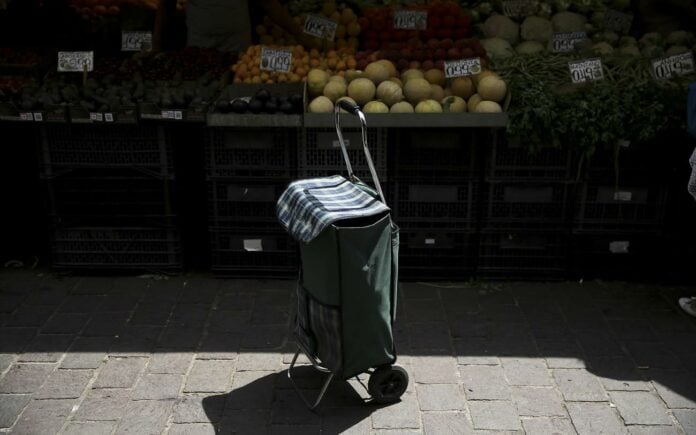A Bank of Greece (BoG) this week unveiled a report calculating that roughly one-third of disposable income in Greece has evaporated since the first quarter of 2010, when the economic crisis was overcoming in the country and much of Europe.
Additionally, consumer expenditure fell to 42 billion euros, whereas the concept of saving and investments by households has turned into a near extinct trend. As expected, the recession — or depression if referring to Greece — drastically affected households’ spending habits, with purchases of consumer goods gradually but steadily dropping in favor of covering basic needs.
Another repercussion, according to the BoG, was the shrinkage of households’ liquid assets by 37.5 percent from 2008 to 2016. The negative development was accompanied by an aversion to investment risk, with potential retail investors preferring cash, bank deposits and other easily exchanged forms of assets.
As a result, investment in shares, securities and mutual fund dramatically fell in Greece.
The study, prepared by the BoG’s economic analysis and study directorate, focused on the spending and financial behavior of Greek households, published in the central bank’s 44 economic bulletin.














